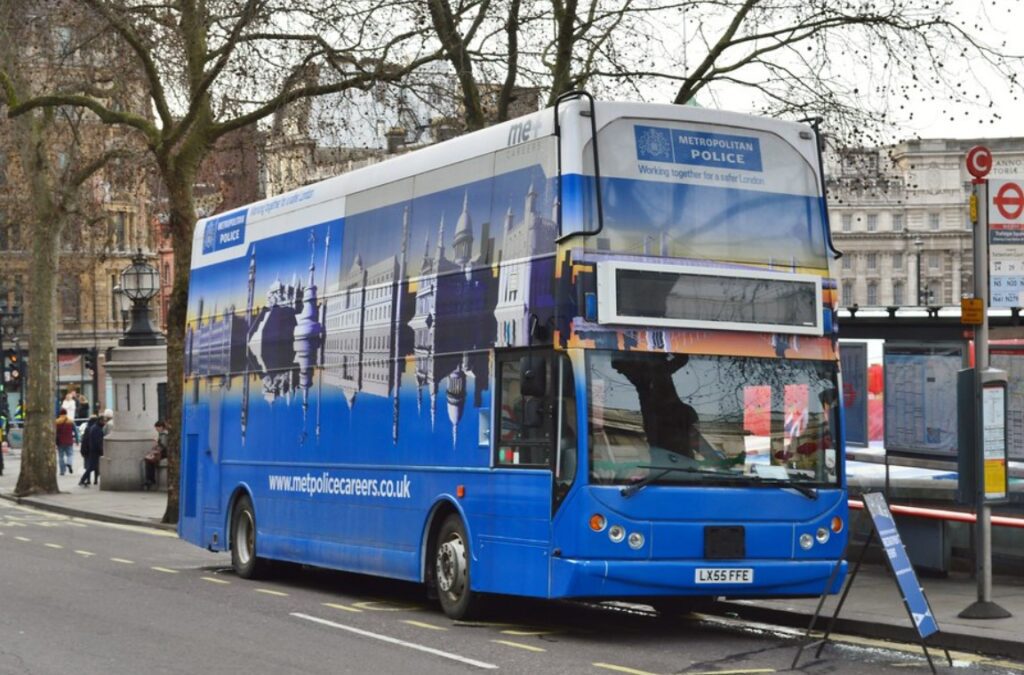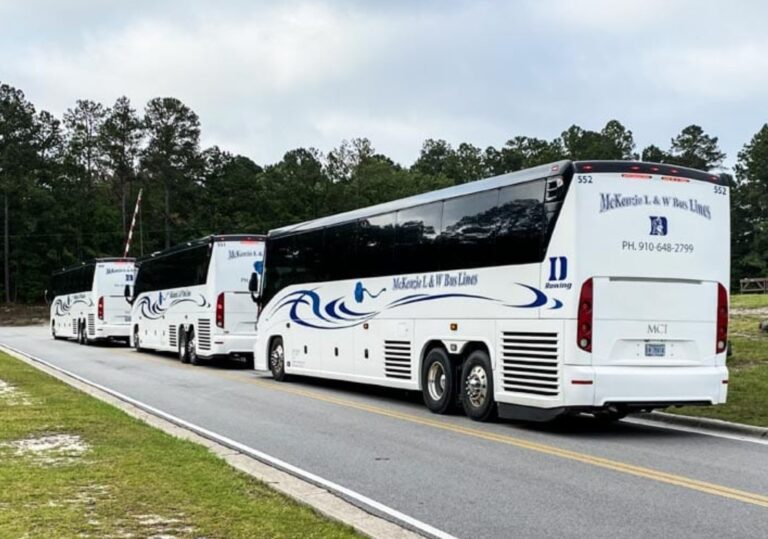Why Do Cops Call An Ambulance A Bus? Answered
When it comes to emergency services and law enforcement jargon, one question often arises: Why Do Cops Call An Ambulance A Bus? This term, seemingly odd at first glance, carries with it a rich tapestry of history and practical reasoning. Understanding this phrase not only gives us insight into police communication but also reflects the evolution of emergency services over time.
Key Takeaways
- Understanding the terminology used by law enforcement.
- The origin and reasons behind the use of “bus” for an ambulance.
- Impact of this terminology on emergency response and communication.
Why Do Cops Call An Ambulance A Bus?
Cops call an ambulance a “bus” as a form of shorthand or slang in their communication. This term dates back to when ambulances were larger and could carry multiple patients, similar to buses.
Despite modern ambulances being more specialized for individual patient care, the term has persisted in law enforcement jargon for its brevity and clarity in radio communication, especially during emergencies.

Historical Context and Origin
The Early Days of Emergency Transportation
The term “bus” for an ambulance dates back to the early days of emergency medical services. Originally, ambulances were more akin to large vans or buses, designed to transport multiple patients simultaneously.
Transition from Multi-Patient to Specialized Vehicles
As medical technology and emergency response evolved, the design of ambulances transformed. They became more specialized, focusing on individual patient care. Despite this evolution, the term “bus” persisted, becoming a colloquialism in law enforcement circles.
Practical Reasons for the Term
Ease of Communication
In high-pressure situations, clear and concise communication is crucial. Using the term “bus” provides a short, easily understood word that can be quickly communicated over radios or in chaotic environments.
Distinction from Other Emergency Vehicles
Ambulances, fire trucks, and police vehicles all play distinct roles in emergency response. Referring to an ambulance as a “bus” helps differentiate it in fast-paced, often noisy environments where clarity is paramount.
Implications in Modern Emergency Services

Continuity in Communication
While the term may seem outdated, its continued use ensures continuity and understanding among seasoned professionals in emergency services.
Training and Adaptation
New recruits in law enforcement are trained to understand and use this terminology, ensuring seamless integration into existing communication protocols.
Societal and Cultural Impact
Reflection of Evolving Emergency Services
The persistence of the term “bus” mirrors the evolution of emergency services, highlighting the adaptability and historical roots of this critical sector.
Influence on Public Perception
While the public may not commonly use this term, its presence in media and law enforcement communication subtly influences societal understanding of emergency services.
What Is The Meaning Of Ambulance Bus?
An “Ambulance Bus,” often referred to in emergency services, is a specialized vehicle designed for the mass transportation of patients. Unlike a standard ambulance, which typically carries one patient at a time, an ambulance bus is equipped to transport multiple patients simultaneously.

These vehicles are particularly useful in situations like mass casualty incidents or disasters, where a large number of individuals require medical attention and transportation.
Ambulance buses are outfitted with medical equipment similar to that found in traditional ambulances and can be critical in triage and emergency response operations.
They are, essentially, mobile emergency rooms capable of handling multiple patients and providing life-saving medical interventions during transit.
What Does Bus Mean In Police Terms?
In police terminology, the word “bus” is a colloquial term used to refer to an ambulance. This usage, particularly prevalent in certain regions of the United States, stems from historical practices in emergency services.

Originally, ambulances were more akin to large vans or buses, capable of transporting several patients at once. Over time, while ambulances evolved into more specialized vehicles focusing on individual patient care, the term “bus” lingered in police jargon.
In the context of law enforcement communication, using the term “bus” allows for quick, clear, and distinct communication over radios, especially in high-pressure or emergencies. It differentiates the ambulance from other emergency vehicles, ensuring that the correct support is dispatched to a scene.
What Is The Police Slang For Ambulance?
The police slang for an ambulance is commonly referred to as a “bus.” This term is used predominantly in the United States and is a part of the unique jargon that has developed within law enforcement communities.
The use of “bus” can be traced back to the historical design and function of ambulances, which were initially more similar to buses in their capacity to transport multiple patients.
Today, while ambulances are designed for individualized care, the slang “bus” persists in police communications. It serves the purpose of clear, concise communication, especially important in emergencies where every second counts.
The terminology reflects the dynamic and evolving nature of language within specialized professions like law enforcement and emergency services.
Conclusion
In conclusion, the use of the term “bus” by law enforcement when referring to an ambulance is a fascinating blend of historical context, practicality, and cultural significance.
This term, deeply rooted in the origins of emergency medical services, continues to play a vital role in the clear and efficient communication within these life-saving professions. Understanding this terminology enriches our appreciation of the complex and ever-evolving world of emergency response.
People Also Ask
What other unique terms are used in emergency services?
Emergency services have a variety of unique terms, such as “code blue” for a patient in cardiac arrest or “10-4” to acknowledge a message. These terms vary regionally and are part of the specialized language used for efficient communication.
How do new recruits in emergency services learn this terminology?
New recruits are trained in the specific jargon and terminology of emergency services, including regional colloquialisms like referring to an ambulance as a “bus.”
Is there any move to change this terminology within emergency services?
Currently, there’s no widespread movement to change this terminology. It remains an ingrained part of the emergency services lexicon, especially in areas where it has historical and practical significance.
Has the design of ambulances influenced this terminology?
Yes, the original design of ambulances, which resembled buses, influenced this terminology. Although modern ambulances are more specialized, the term “bus” persists as a legacy term.

Welcome to the exhilarating world of Matt Rex, a professional car racer turned renowned vehicle enthusiast. Immerse yourself in his captivating blog as he shares heart-pounding adventures, expert reviews, and valuable insights on cars, trucks, jets, and more. Fuel your passion for speed and discover the beauty of vehicles through Matt’s engaging stories and meticulous expertise. Join the ever-growing community of enthusiasts who find inspiration and expert advice in Matt Rex’s blog—a digital hub where the thrill of speed meets the pursuit of knowledge.







